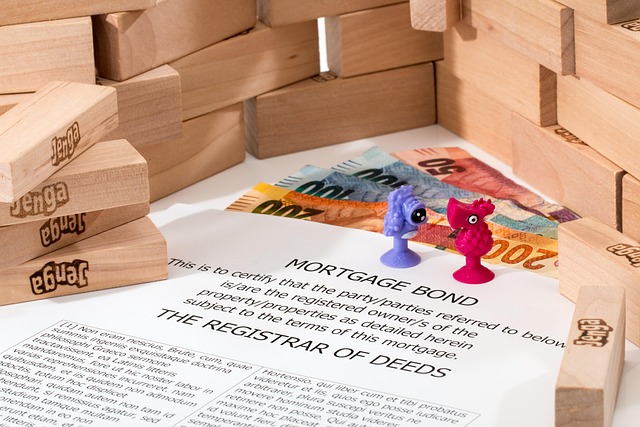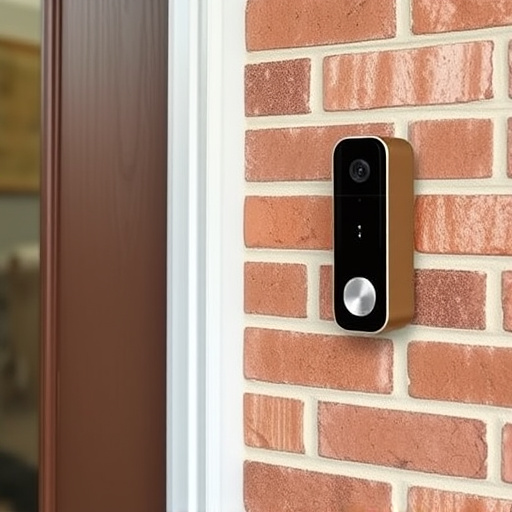Selling a house with mold presents significant challenges due to health risks and its impact on property value. Homeowners should understand their insurance policies, as standard policies often exclude mold-related issues. A thorough home inspection is crucial for identifying and addressing mold proactively. Open communication between buyers and sellers about mold concerns during negotiations is essential. Navigating remediation costs through fair contract terms benefits both parties when selling a house with mold. Swift action, including professional guidance, proper maintenance, and insurance claims, is necessary after discovering mold in a newly purchased home to prevent future issues.
When considering buying a home, especially one that has been through water damage or has a history of moisture issues, understanding mold’s impact on property value is crucial. This comprehensive guide navigates insurance considerations for buyers facing a potential mold problem. From identifying mold during inspections to negotiating remediation costs in sales contracts, we explore steps to mitigate risks and prevent future health hazards when selling a house with mold. By the end, you’ll be equipped with knowledge to make informed decisions regarding this intricate matter.
- Understanding Mold and Its Impact on Property Value
- Insurance Policies and Coverage for Mold-Related Issues
- Home Inspection: Identifying Mold Before Purchase
- Communicating Mold Concerns with Sellers
- Negotiating Mold Remediation Costs in a Sales Contract
- Post-Purchase Steps to Manage and Prevent Mold Growth
Understanding Mold and Its Impact on Property Value

Mold is a common issue that can affect any property, and it’s essential to understand its implications before purchasing a home. When selling a house with mold, potential buyers will often view it as a red flag due to the health risks associated with prolonged exposure. Mold can cause various issues, from respiratory problems and allergies to more severe health complications, making it a significant concern for homeowners and buyers alike.
The presence of mold can significantly impact a property’s value. Real estate agents and appraisers consider mold a deal-breaker or a major deterrent, often leading to lower property valuations. In some cases, extensive remediation efforts may be required to remove mold, which can be costly. Therefore, it’s crucial for buyers to thoroughly inspect the property and understand the scope of the mold issue before making an offer, ensuring they’re aware of any potential expenses and legal considerations when selling a house with mold.
Insurance Policies and Coverage for Mold-Related Issues

When considering selling a house with mold, understanding your insurance policies and coverage is crucial. Standard homeowners’ insurance policies typically do not cover mold-related issues, as they are considered a pre-existing condition or a result of poor maintenance. However, many insurance companies offer add-on policies or riders specifically designed to address water damage and mold growth. These additional protections can be especially valuable if the mold issue is extensive or recurrent.
It’s important to review your policy documents carefully, paying attention to exclusions and limitations. Some policies may cover sudden water events like pipe bursts or storm damage, but not slow, persistent leaks that contribute to mold development. Additionally, buyers are generally aware of visible mold when purchasing a home, so insurers might exclude claims related to known mold problems at the time of sale. Ensuring you have adequate coverage for potential future mold issues can provide peace of mind and protect your investment during the selling process.
Home Inspection: Identifying Mold Before Purchase

When buying a home, a thorough inspection is non-negotiable, especially when dealing with potential mold issues. Mold can be hidden and difficult to detect, often lurking behind walls or in concealed spaces, making it a common problem in older homes. A professional home inspector will thoroughly assess the property’s structural integrity, identify visible signs of mold, and use specialized equipment to locate hidden mold growth.
During this process, they’ll pay close attention to areas prone to moisture buildup, such as bathrooms, kitchens, and basements, which are hotbeds for mold development. By identifying mold before purchasing, buyers can make informed decisions, negotiate the price, or opt for further testing to ensure a healthy living environment, especially for those with allergies or respiratory conditions. Remember, addressing mold issues early is crucial when selling a house with mold, ensuring a smoother transaction and potentially avoiding costly repairs post-sale.
Communicating Mold Concerns with Sellers

When considering buying a home, it’s crucial to communicate any concerns about mold with the sellers upfront. If you’ve noticed visible signs of mold or have reason to believe there might be hidden mold issues, discussing this openly is essential. Mold can significantly impact a property’s value and pose health risks, so addressing it early in the negotiation process is beneficial for both parties.
During conversations, express your interest in the property while raising your concerns about mold. Request access to areas where mold could potentially hide, such as basements, attics, or crawl spaces. Sellers have an obligation to disclose known issues, and being transparent about mold worries can help avoid misunderstandings later. This dialogue allows you to make informed decisions and may even lead to negotiations for necessary repairs before finalizing the sale.
Negotiating Mold Remediation Costs in a Sales Contract

When buying a home, especially one that has been affected by mold, negotiating the remediation costs is a critical step in the sales contract. It’s important to remember that selling a house with mold can be complex and potentially costly, so ensuring fair terms is essential for both buyers and sellers. Start by getting detailed estimates from reputable mold remediation companies; this will give you a clear understanding of the typical expenses involved.
During negotiations, discuss who will cover the cost of repairs, whether it’s included in the sale price or should be borne by the seller. Consider the severity of the mold issue—minor surface molds might not require extensive remediation, while hidden or extensive mold problems warrant more significant financial consideration. Have a clause in the contract that specifies the timeline for remediation and any consequences if the work is not completed as agreed upon.
Post-Purchase Steps to Manage and Prevent Mold Growth

After purchasing a home with mold, swift action is crucial. Begin by assessing the extent of the mold infestation and consulting professionals for guidance on safe removal. Many insurance policies cover mold remediation as part of their home repair or replacement coverage, so review your policy to understand what’s covered and any necessary steps for filing a claim. Regular maintenance is key to preventing future mold growth. This includes promptly addressing leaks, improving ventilation, keeping humidity levels below 50%, and regularly inspecting areas prone to moisture buildup.














